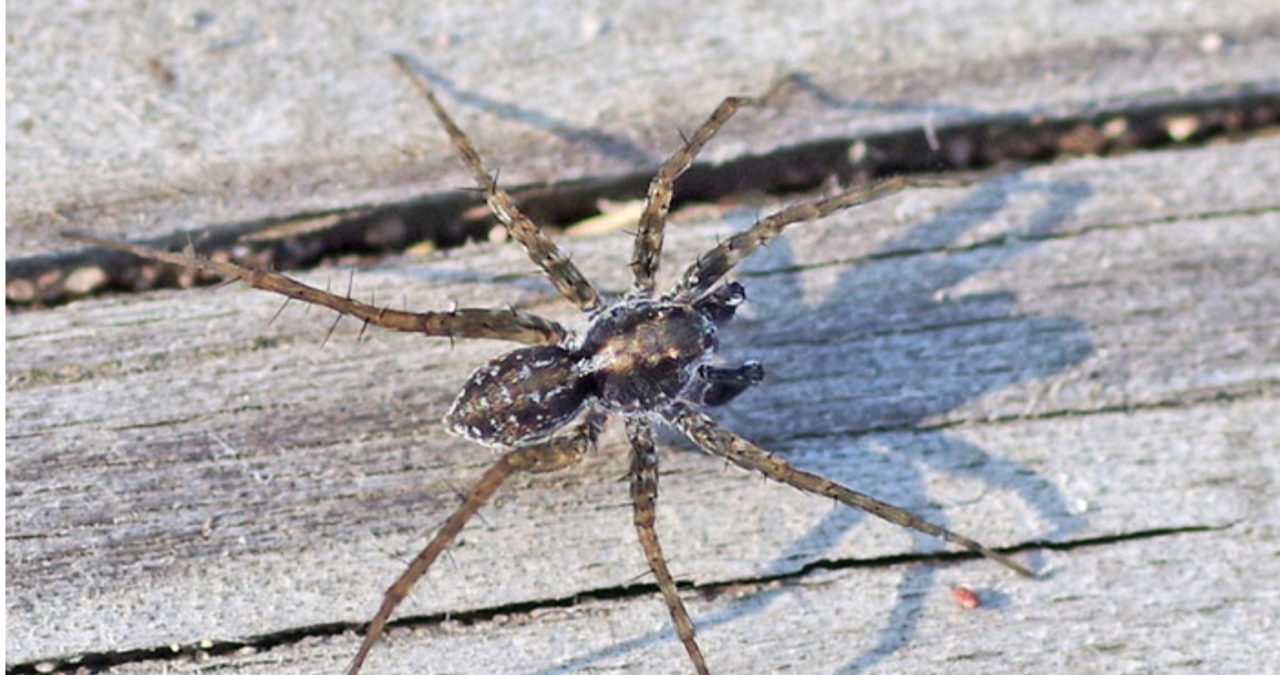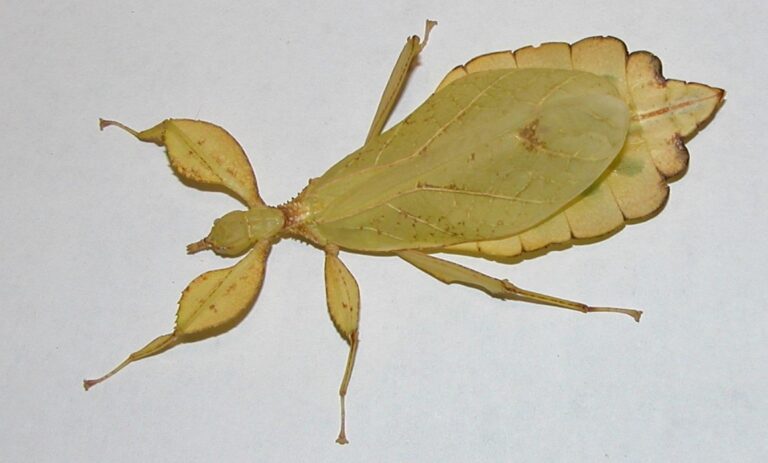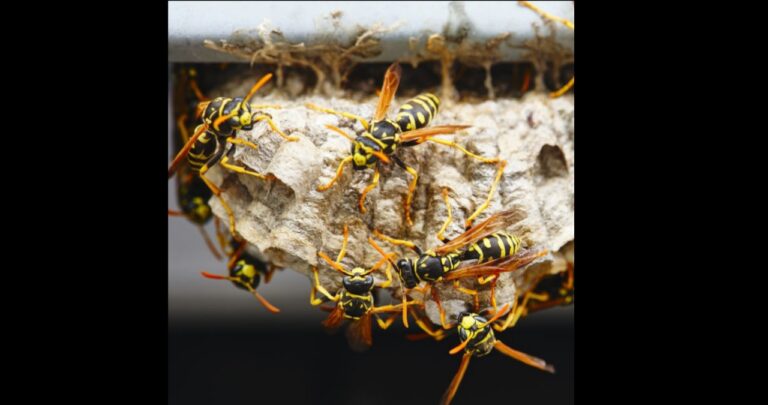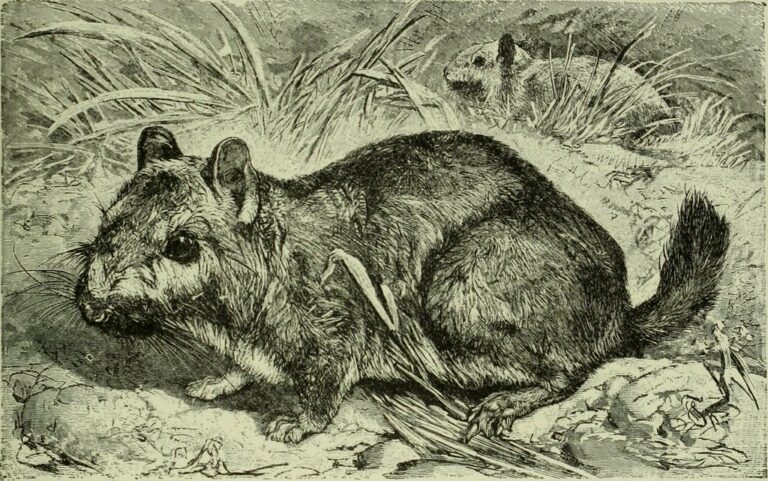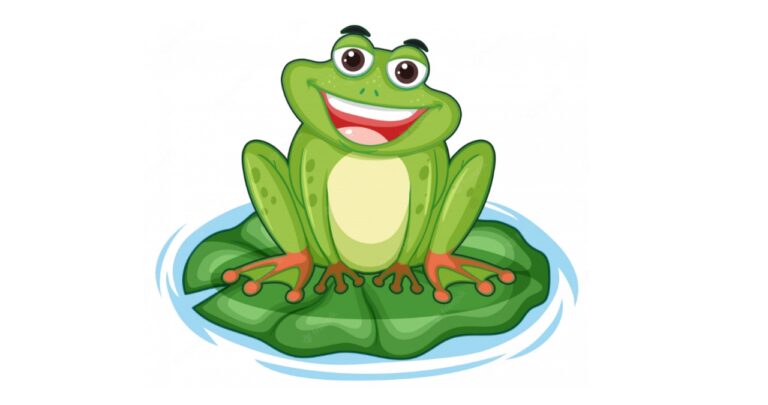Symptoms of Wolf Spider Bite
The wolf spider belongs to the Lycosidae family. They are robust, agile hunters with excellent eyesight. These spiders usually live alone and hunt without spinning webs. Read more about their life cycle and behavior below. This article contains useful information about the wolf spider. Listed below are some symptoms of wolf spider bites. The wolf spider is a venomous insect. Its bite can cause skin irritation or bleeding.
Symptoms of a wolf spider bite
Although wolf spiders are not poisonous, a bite from one can cause serious allergic reactions, which may require immediate medical attention. Although these spiders are rarely aggressive and do not create webs, they may still cause a variety of unpleasant side effects. Because wolf spiders do not produce webs, they can be difficult to spot. If you suspect a wolf spider bite, follow these guidelines to reduce the severity of your symptoms.
Although wolf spiders usually stay outdoors, you might encounter them inside when temperatures start to drop. They are usually nocturnal, and will scurry away when they sense a human. Although they rarely bite humans, they do have the potential to cause an allergic reaction if they feel threatened. If you think you have come into contact with a wolf spider, don’t try to remove it by squishing it. This may cause hundreds of spiderlings to run away, so avoid swatting the spider.
Life cycle
The wolf spider is a fascinating creature, and the life cycle of this species is one of the best studied of any invertebrate. The spider breeds in a sac that contains a single clutch of eggs, but subsequent clutches contain fewer eggs each time. While female wolf spiders are typically known to produce only one clutch, some researchers think that climate change is leading to earlier snowmelt and warmer temperatures, which could increase the number of second clutches.
Wolf spiders are known for their maternal behavior. After hatching their egg sac, females tend to remain with their young for a few days. The young climb onto the mother’s abdomen for a week, and then disperse to find food. Female wolf spiders can live up to two years. This species is not a pest, but it is a great addition to the garden, as it is easy to care for.
Diet
While wolves are known for their savage behavior, it’s not yet clear why female wolf spiders often turn to cannibalism, a behavior that can help increase their size and reduce competition. The wolf spider is a sub-social species that feeds mainly on other spiders and their offspring, and researchers believe that the increased size of the female wolf spiders may be partly responsible for the increase in cannibalism. However, it’s still unknown how this behavior impacts the population of other spider species.
Aside from amphibians, wolf spiders also eat a variety of small reptiles and insects. Their diet is varied, depending on the size of their prey. While salamanders are known to eat multiple species of spider, larger species often pass them up for larger prey. So, wolf spiders’ diets are diverse and interesting. And if you want to know more about this amazing creature, read on!
Behavior
Unlike the other types of spiders, wolves do not weave webs, but rather chase their prey. They typically eat insects, but some wolf spiders are known to hunt small frogs and other reptiles. They are active only at night, so they cannot be seen during the day. In winter, they will be more difficult to spot, since they will burrow underground or hide inside buildings. Do not be alarmed if you see a wolf spider, as they’re simply trying to stay warm.
Female wolf spiders have egg sacs at the tip of their abdomens. These sacs contain silk, so female wolves can recognize each other by the scent. Wolf spiders use their eyes more than any other spider, and they perform courtship rituals, which include leg and palp signaling. When breeding, the female wolf spider constructs an egg sac made of white papery silk and carries it on her back for days. While she carries the egg sac, the young spiders can be a threat if they are accidentally squashed.
Venom
Wolf spider venom is not lethal to humans, and most individuals do not experience allergic reactions. However, a wolf spider bite should be examined by a health professional because the severity of the reaction will depend on the level of your immune system and the area of the bite. Additionally, if the wound is not properly cleaned and disinfected, secondary bacterial infections may result. Because of the nature of the bite, wolf spiders do not usually produce visible symptoms.
A wolf spider’s most obvious symptom of attack is its ability to hiss. The spider’s venom is injected into its prey’s abdominal cavity. This liquefies the internal organs of the victim. Because of the wolf spider’s aggressiveness, it’s a dangerous creature to be around, even in your own home. If you’re attacked by a wolf spider, it’s important to contact a doctor immediately to ensure that you’re safe.

I’m publisher on vents today if anyone want post on our website then do contact

